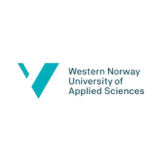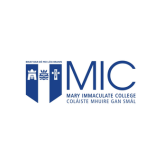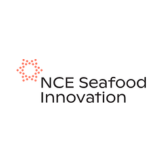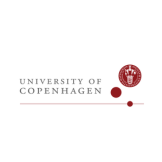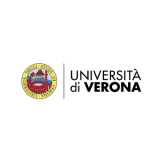AQUABALANCE
Balancing economic, environmental, and social sustainability in the European aquaculture industry
Key facts
Status: ongoing
Duration:
2 May 2024 - 2 May 2027
Theme:
Blue bioresources and blue food
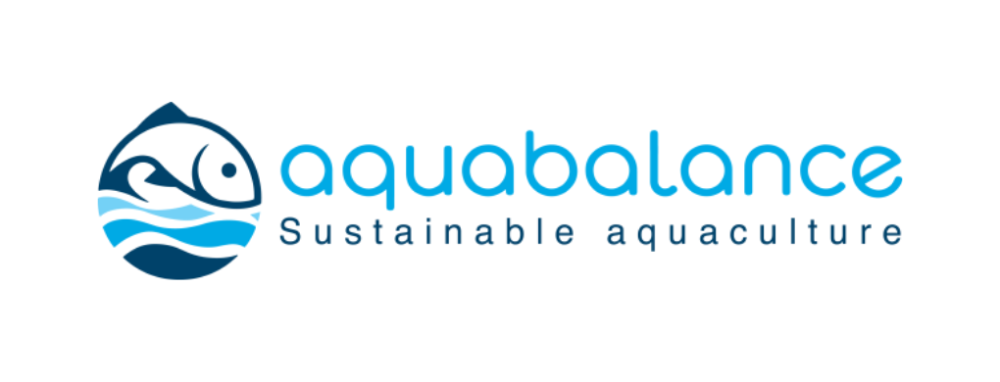
Description
The project follows a pan-European perspective by focusing on different geographical locations and different sea-basins (North Sea, Mediterranean Sea, Atlantic Ocean), and maps existing and promising solutions boosting the sustainability and viability of the aquaculture industry. Specifically, based on a mix of qualitative and quantitative methods, it will create new knowledge about how the European aquaculture industry can develop onwards in ways that are not environmentally harmful, and contribute to value creation and value capture both locally, nationally, and internationally. By combining several theoretical perspectives (economic geography, socio-technical transition studies, and literature on sustainable business models), the proposed project will provide valuable research-based insight and action points on an efficient and smart industry policy in order to successfully cope with the societal challenges of promoting economically robust, environmentally friendly, and socially inclusive industrial activities. Moreover, the project follows the multi-actor approach and includes a substantial degree of stakeholder engagement through various activities such as workshop and seminar series and a policy lab, which will allow a high potential for impact beyond the academic world and contribute to the uptake of AQUABALANCE’s research findings.
As a result, AQUABALANCE will provide pan-European and regional industry and policy advice and a policy roadmap that has a transnational perspective and also can be adapted to the regional specificities. These recommendations will serve as a background for a more sustainable growth of the aquaculture industry, contributing to achieving the goals of the EU Farm to Fork strategy, solving grand challenges of climate change and social justice, and thereby generating significant value for the whole society.


